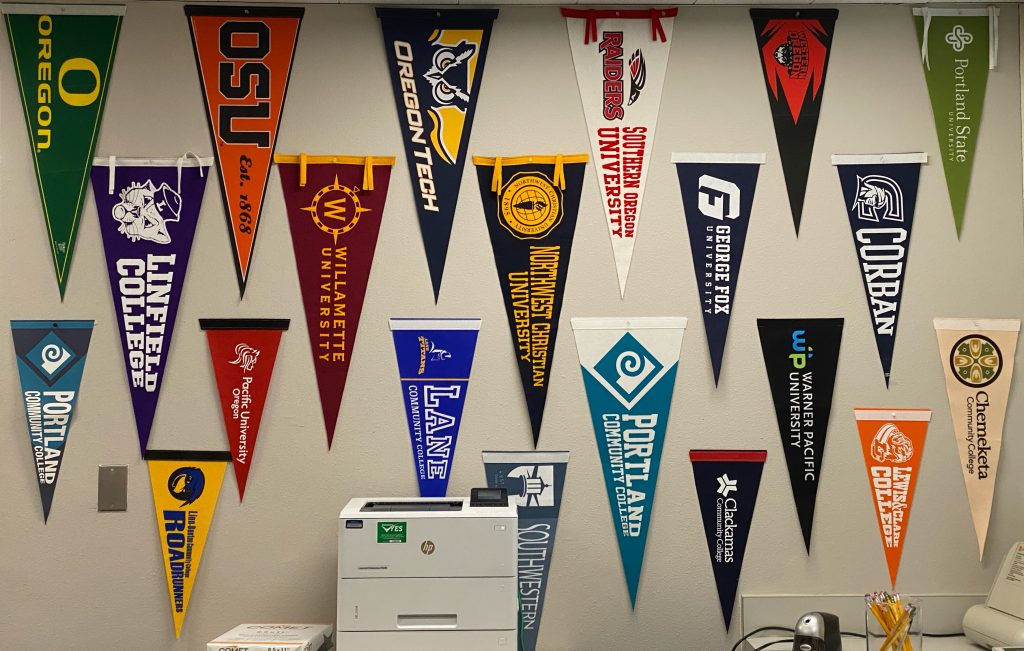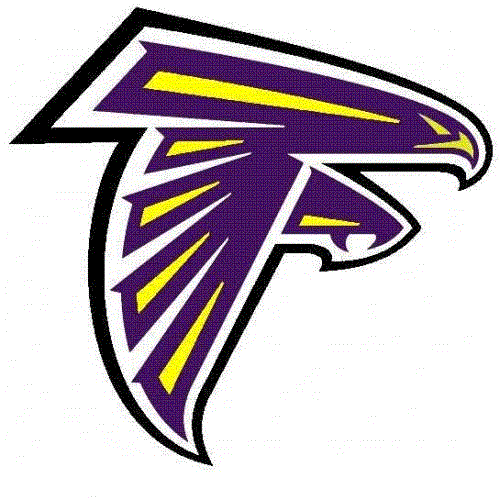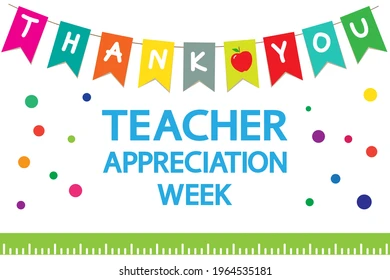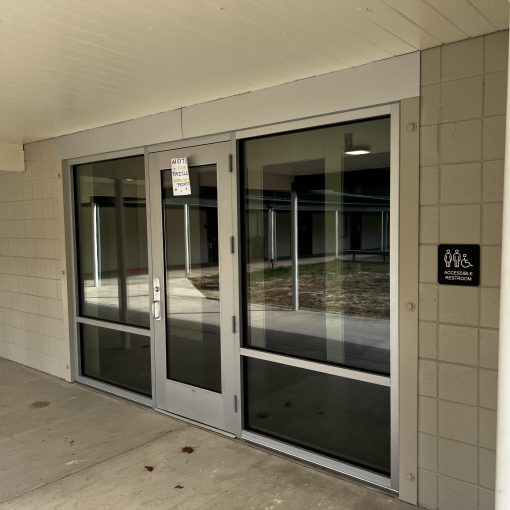
What is a scholarship?
A scholarship is a grant or payment made to support a student’s education, awarded on the basis of academic or other achievement. According to the website Saving for College, “Each year, more than 1.7 million private scholarships and fellowships are awarded, with a total value of more than $7.4 billion. Scholarships and fellowships are a form of gift aid, which is financial aid that does not need to be repaid or earned.”
What kinds of scholarships are available?
Depending on how you plan to apply for a scholarship, you can get an academic scholarship, a sports scholarship and many others. There are many scholarships depending on the program you plan to join. Full-ride scholarships pay for a bachelor’s degree — the first four years — which can mean far less student debt upon graduation.
When can I apply for scholarships?
Many students are unaware of the wonders that come with college. It is never too early to apply for scholarships. It’s a myth that you have to wait until your second semester of senior year to apply for scholarships. Preferably due to deadlines, many students should opt for applying for scholarships in the middle of their junior year.
A good place to start looking for scholarships is the website of Oregon’s Office of Student Access and Completion. It’s designed to serve as a kind of one-stop shop, with hundreds of scholarships available and many of them requiring the same initial application.
Talk to a school counselor about your post-high school plans if you are looking into getting scholarships to attend certain colleges. The scholarship options and deadlines vary widely.
Why is college important?
According to the U.S. Department of Education, “college graduates with a bachelor’s degree typically earn 66% more than those with only a high school diploma.” They are also far less likely to face unemployment. College degrees allow students to gain more connections and meet new people with common interests. They also open many doors, and with scholarships, you won’t have to worry as much about student loans. In the end, you will get more money for your studies and time.
Some public colleges near you
Lane Community College (Eugene)
University of Oregon, (Eugene)
Oregon State University (Corvallis)
Eastern Oregon University (La Grande)
Portland State University (Portland)
Southern Oregon University (Ashland)
EHS resources
Elmira High School counselors Brittany McMillan and Court Wirth are prime resources. You can meet with them to talk about what kinds of opportunities are available to receive after high school. Additionally, they can help with non-college-related opportunities such as jobs.
Wirth shared with Falcon News his thoughts about college and scholarships.
“One thing that stands out to me are the statistics,” Wirth said. “It is proven that people who pursue college have a higher income, more job satisfaction, and it can also be important for a better experience as some students just give up after a bad high school experience.”
He believes that students should “look at the future, rather than the present.” He added that “college or trade school can be a different experience. Students shouldn’t give up. … College can get students to a point that increases their interests. They can find something they really love to do.”
Find more information at www.bigfuture.collegeboard.org, a contributed website by EHS’ Wirth.
McMillan can be reached at bmcmillan@fernridge.k12.or.us. Wirth can be reached at cwirth@fernridge.k12.or.us.





